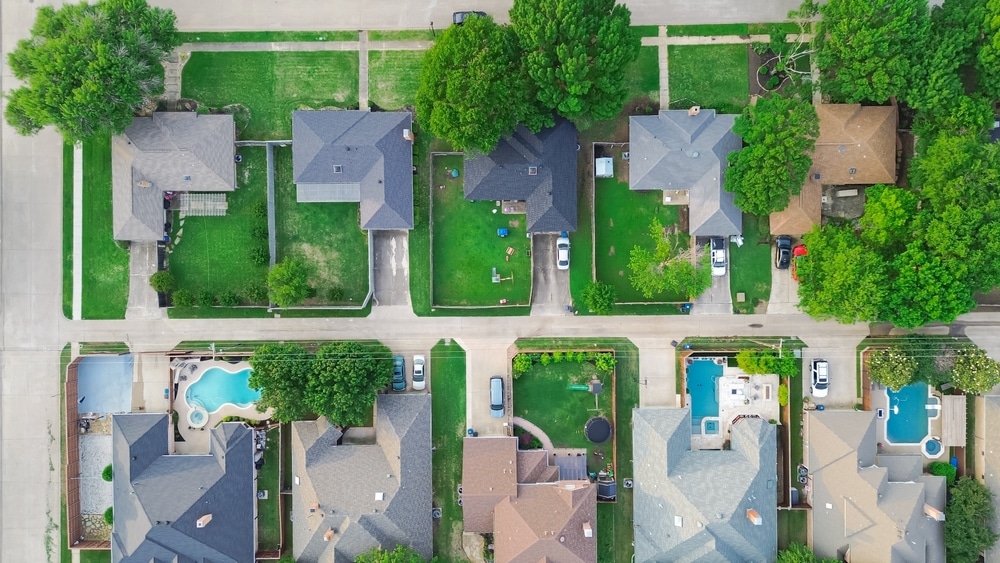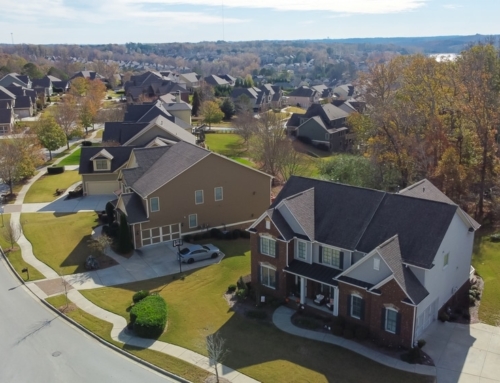Homeowner Association (HOA) and Owners Bad Behavior
Our recent articles about homeowner associations (HOAs) have stirred many readers to write to us about why people don’t want to volunteer for HOA boards and the difficult situations sitting HOA members face every day. If you’re wondering what that might look like, here’s one email we recently received:
Comment: I have read and appreciated your articles. You bring useful information and new perspectives to complex problems. Thanks!
Please let me respond to your recent article about HOA residents not stepping up to be active as board and committee members. I have been an HOA resident for 38 years and was,until recently, an elected board member (Secretary) for 10 years. I have seen a huge decrease in the number of interested residents active in our HOA. However, this inactivity does not stem from laziness, lack of time or irresponsibility.
Being an authority figure on an HOA board or even on a committee has become stressful and dangerous! HOA rules may be fair and understandable. However, many residents today just don’t like rules!
I have heard about HOAs with members who tape threatening notes to others’ front doors after being reminded of HOA rules. People block in vehicles of board members as retribution for upholding HOA parking rules. Threats are made to board members when people disagree about laws upheld by the board prohibiting walking dogs without leashes. False reports are made to local police in order to bully a board member to change perspective.
Homeowner Association (HOA) Board: No One Wants To Serve
A drunken, cursing resident followed a board member to his vehicles because of a permit violation. An elected elderly board member was harassed at a meeting by being told that older residents aren’t important. Board members have received nasty phone calls and endured social media comments as a result of their board activity.
Why would anyone want to serve on an HOA board? Many HOAs in my area don’t even publish contact information any longer because of rude, nasty residents. Can you blame them?
Maybe our society can no longer expect civility from community members for HOAs. There seems to be a general lack of respect for groups like HOA boards that have little power. I have five suggestions that might help HOA boards attract members and decrease the animosity that seems to exist:
HOA: Changing Homeowner Association Rules
- Pass comprehensive government legislation concerning HOAs and their authority.
- Government then promotes, supports and enforces such legislation.
- Real Estate agents must provide and carefully explain each HOA’s set of documents before any final sale.
- New owners must sign legal forms saying that they read and understand their HOA’s authority.
- Government should send all relevant laws to HOA board members and their management companies. Perhaps even training in interpreting relevant laws and HOA documents should be provided.
Homeowner Association (HOA) Lighting: Readers Respond
ILYCE AND SAM RESPOND: Well, this is some list of bad behavior. Unfortunately, this stuff is going on in many places around the country. When we lived in a medium-size building on Lake Shore Drive, in Chicago, some 25 years ago, people could be nasty. But you felt it behind the scenes, in a sneak attack, rather than upfront, in your face, scary.
So, let’s be clear. Threats, altercations, and violence are never acceptable in civil society and certainly not against neighbors. If people feel that sitting on an HOA board will be painful, they won’t do it. And, then who will run the property?
On the rules front, some HOAs do have prospective buyers sign that they have received the rules, agreed to abide by them, and agree that the HOA can enforce those rules.
HOA Ignores Condo Owner
Most states passed HOA laws. These explain how HOAs must be organized. A homeowner association is a private body. The HOA includes all of the homeowners in that complex. If there are disagreements between the homeowners and the HOA that can’t be resolved within the framework set up by the HOA, the homeowners or the HOA can sue the other in court. It’s costly, but it is a method for ultimately resolving issues between an HOA and its homeowners. We doubt that most municipalities want to become involved in the many civil disagreements between homeowners and the HOA boards.
If our readers want to share HOA horror stories and solutions that helped calm things down and resolve these types of situations, we’ll publish them in an upcoming column. Please email us at Questions@thinkglink.com.
Read more about homeowner associations (HOAs) and HOA boards
©2024 by Ilyce Glink and Samuel J. Tamkin. Distributed by Tribune Content Agency. C1654







Leave A Comment